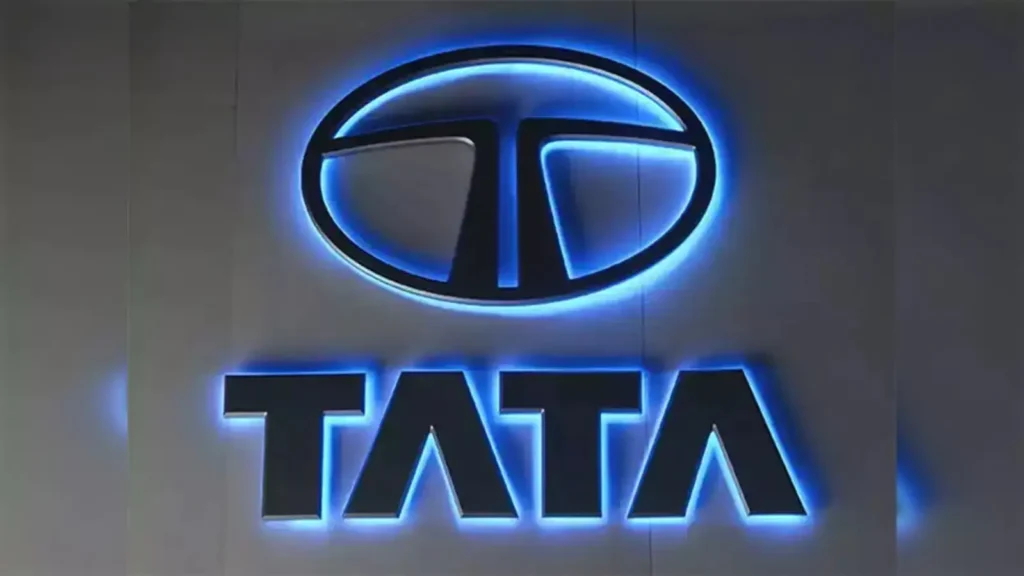Now Reading: IIT Madras-Backed Wankel Energy Secures $1 Million in Pre-Seed Funding
-
01
IIT Madras-Backed Wankel Energy Secures $1 Million in Pre-Seed Funding
IIT Madras-Backed Wankel Energy Secures $1 Million in Pre-Seed Funding

Wankel Energy Systems, a deep-tech startup incubated at IIT Madras, has raised $1 million in a pre-seed funding round led by Shastra VC, with participation from strategic angel investors. The company specializes in converting wasted industrial steam into clean energy, aiming to address the estimated ₹66,000 crore energy loss in India’s process industries.
Innovative Technology for Energy Efficiency
Wankel Energy’s flagship product, the Phoenix rotary expander, is designed to replace traditional pressure-reducing valves (PRVs) in industrial boilers. By capturing and converting the potential energy lost in steam pressure reduction, the expander generates clean electricity, enhancing energy efficiency in sectors such as food, dairy, textiles, paper, chemicals, and pharmaceuticals. Each unit is projected to save up to ₹50 lakh annually.
Strategic Deployment and Global Expansion Plans
The startup plans to deploy over 1,000 steam expander units across Indian and global markets over the next decade. With three granted US and Indian patents and over 20 innovations protected as trade secrets, Wankel Energy is positioning itself as a technology platform rather than just a product manufacturer. The company has already secured verbal commitments for more than 40 units and is focusing on sectors with a readiness for decarbonization technology.
Recognition and Future Prospects
Wankel Energy’s innovative approach has garnered international recognition, becoming the first and only Indian startup to reach the finals of the prestigious MIT Climate & Energy Prize, competing among over 200 global deep-tech energy startups. This achievement underscores the company’s potential to make a significant impact in the clean energy sector.
Conclusion
Wankel Energy’s successful funding round and technological advancements highlight the growing momentum of deep-tech startups in India, particularly in Tier 2 cities like Chennai. With a focus on sustainable energy solutions and strategic market expansion, the company is poised to contribute significantly to India’s energy efficiency goals and the global clean energy transition.
























